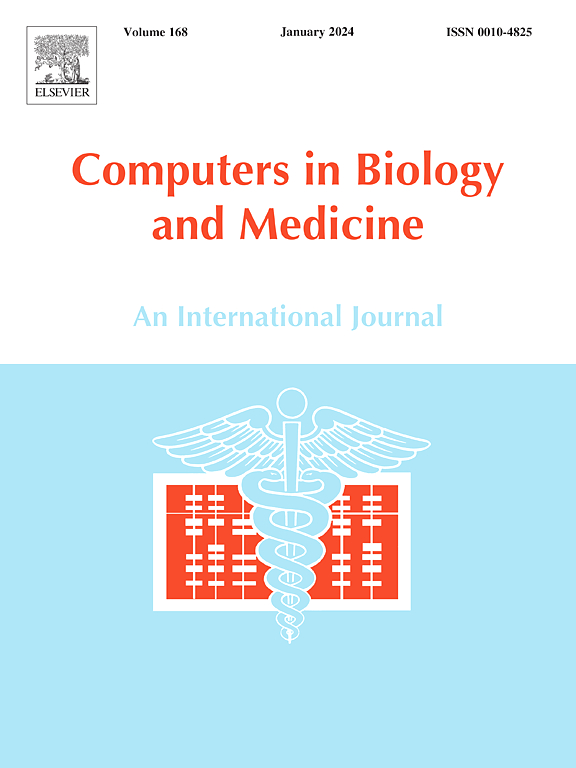The role of single cell transcriptomics for efficacy and toxicity profiling of chimeric antigen receptor (CAR) T cell therapies
IF 7
2区 医学
Q1 BIOLOGY
引用次数: 0
Abstract
CAR T cells are genetically modified T cells that target specific epitopes. CAR T cell therapy has proven effective in difficult-to-treat B cell cancers and is now expanding into hematology and solid tumors. To date, approved CAR therapies target only two specific epitopes on cancer cells. Identifying more suitable targets is challenged by the lack of truly cancer-specific structures and the potential for on-target off-tumor toxicity.
We analyzed gene expression of potential targets in single-cell data from cancer and healthy tissues. Because safety and efficacy can ultimately only be defined clinically, we selected approved and investigational targets for which clinical trail data are available. We generated atlases using >300,000 cells from 48 patients with follicular lymphoma, multiple myeloma, and B-cell acute lymphoblastic leukemia, and integrated over 3 million cells from 35 healthy tissues, harmonizing datasets from over 300 donors. To contextualize findings, we compared target expression patterns with outcome data from clinical trials, linking target profiles to efficacy and toxicity, and ranked 15 investigational targets based on their similarity to approved ones. Target expression did not significantly correlate with reported clinical toxicities in patients undergoing therapy. This may be attributed to the intricate interplay of patient-specific variables, the limited amount of metadata, and the complexity underlying toxicity. Nevertheless, our study serves as a resource for retrospective and prospective target evaluation to improve the safety and efficacy of CAR therapies.
单细胞转录组学在嵌合抗原受体(CAR) T细胞治疗的疗效和毒性分析中的作用
CAR - T细胞是针对特定表位的基因修饰T细胞。CAR - T细胞疗法已被证明对难以治疗的B细胞癌有效,目前正扩展到血液学和实体肿瘤。迄今为止,批准的CAR疗法仅针对癌细胞上的两个特异性表位。由于缺乏真正的癌症特异性结构和潜在的靶向非肿瘤毒性,确定更合适的靶标受到了挑战。我们分析了来自癌症和健康组织的单细胞数据中潜在靶点的基因表达。由于安全性和有效性最终只能在临床中确定,因此我们选择了经批准的、有临床试验数据的研究靶点。我们使用来自48名滤泡性淋巴瘤、多发性骨髓瘤和b细胞急性淋巴母细胞白血病患者的30万个细胞生成了地图集,并整合了来自35个健康组织的300多万个细胞,协调了来自300多名捐赠者的数据集。为了将研究结果与临床试验的结果数据进行比较,我们将靶标表达模式与疗效和毒性联系起来,并根据它们与已批准的靶标的相似性对15个研究靶标进行了排名。在接受治疗的患者中,靶蛋白表达与报道的临床毒性没有显著相关性。这可能归因于患者特定变量的复杂相互作用、有限的元数据以及潜在毒性的复杂性。然而,我们的研究为回顾性和前瞻性目标评估提供了资源,以提高CAR治疗的安全性和有效性。
本文章由计算机程序翻译,如有差异,请以英文原文为准。
求助全文
约1分钟内获得全文
求助全文
来源期刊

Computers in biology and medicine
工程技术-工程:生物医学
CiteScore
11.70
自引率
10.40%
发文量
1086
审稿时长
74 days
期刊介绍:
Computers in Biology and Medicine is an international forum for sharing groundbreaking advancements in the use of computers in bioscience and medicine. This journal serves as a medium for communicating essential research, instruction, ideas, and information regarding the rapidly evolving field of computer applications in these domains. By encouraging the exchange of knowledge, we aim to facilitate progress and innovation in the utilization of computers in biology and medicine.
 求助内容:
求助内容: 应助结果提醒方式:
应助结果提醒方式:


